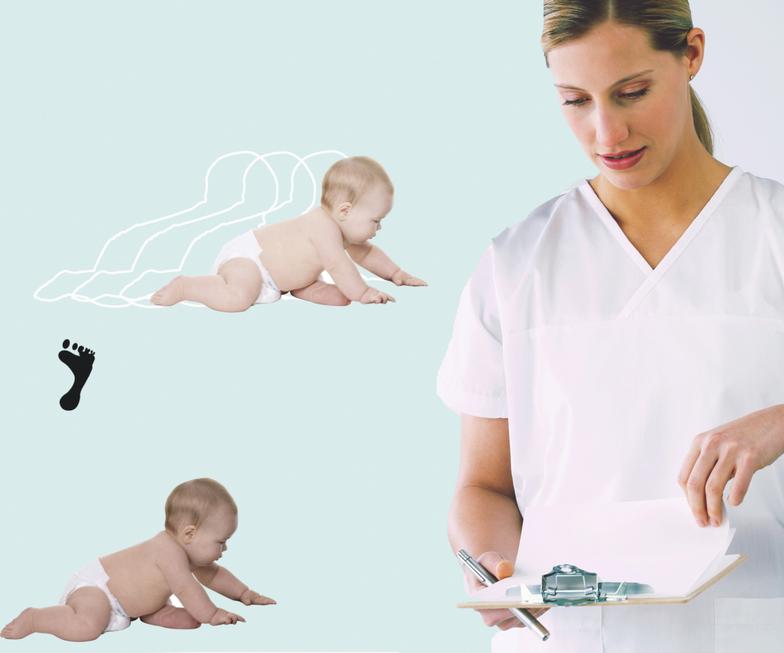Ethics: Understanding Your Responsibility to Children and Families.
NAEYC Ethical Tutorial
The NAEYC Code of Ethical Conduct's Resolution
Principle P 1.5 We shall use appropriate assessment systems, which include multiple sources of information, to provide information on children’s learning and development.
Ideal I – 1.6 – To use assessment instruments and strategies that are appropriate for the children to be assessed, that are used only for the purpose for which they were designed, and that have the potential to benefit children.
The NAEYC Principle and Ideal Relating to Assessments
1. Decide on a course of action by meeting with the parents
2. Help parents understand that conclusions about a child’s growth and development should be gathered over time and cannot be measured by one test.
3. Show them how your program supports early care and education
4. Share books and writing samples from the children
5. Offer suggestions of how parents can encourage learning at home and invite them in to see and share their experiences with the children
Course of Action
Teacher Dilemmas:
*Because of her ethical commitment to children, she does not practice testing preschool children
*Need to find ways to help parents feel comfortable about their child's development
*Need to help parents understand the support that the early care program offers for children entering kindergarten






